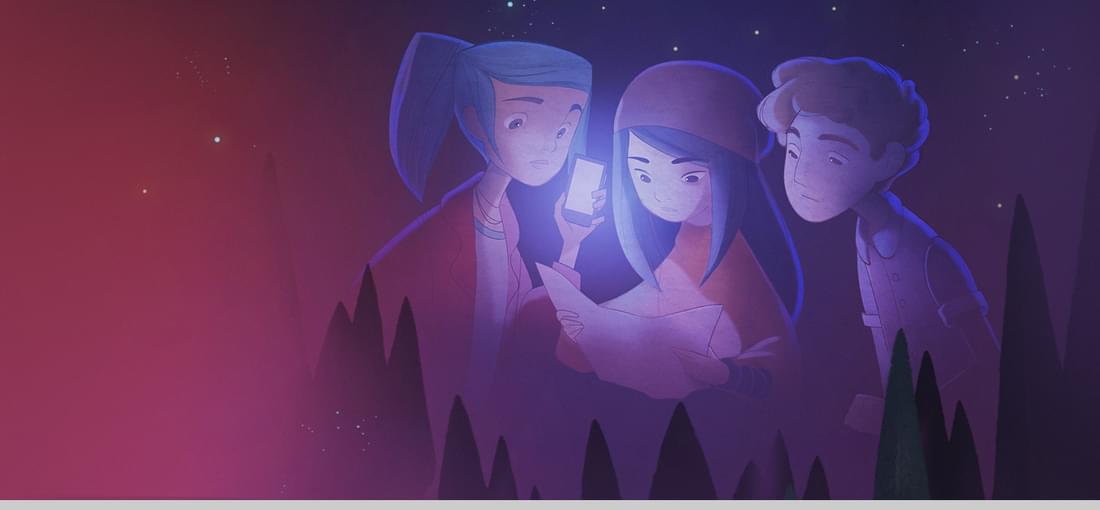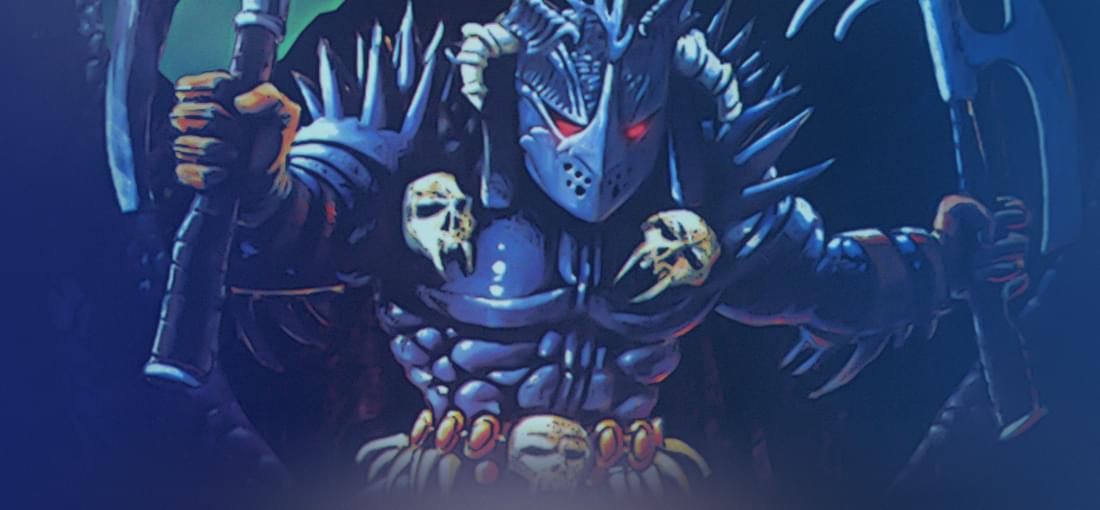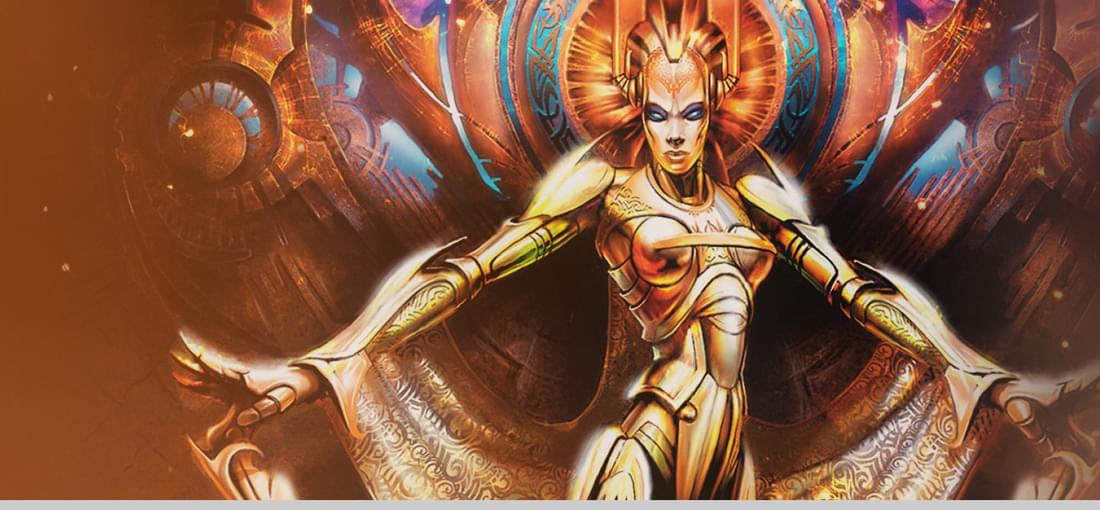


This is a very nice experience (though I can only call it a video game in the broadest sense). The story is interesting and it's rare to find an adventure-style game that allows you to roleplay as someone else. As to that, a warning: If you do not want to play as someone else, this game may leave you a bit dissatisfied. It's not Mass Effect levels of frustration as to how useless some of the dialogue options are, but it can get annoying if you want to play yourself in the game. I would go far as to say that if Mass Effect had paid as much attention to the impact of it's dialogue choises as Oxenfree certainly does; I may have actually finished the series instead of stopping an hour and a half into ME2. But, just to reiterate, decisions available are the decisions of Alex (the main character) not the player and that is very obvious almost immediately. Speaking of the dialogue system, there is a time limit on choosing an option and, depending on the situation in which the dialogue becomes available, the selection window can be very small. I read fast, and I even missed a few (though one was because I didn't actually expect to get an option so I wasn't focused on it). Still, the dialogue mechanic is the major mechanic and Night School really did a great job focusing the game around it. The other mechanic necessary to the game is the use of a radio, slowly flipping through channels to find the one that will solve the current puzzle or open up the next area. I found that it was a really nice mechanic and it added a lot to the atmosphere of the game; especially the strange transmissions that would pop up every now and again as you were looking for something else. It's a rare mechanic that acts as a puzzle device and as a mood enhancer. Now there are some negatives, but they are very minor. On occasion the game will have a problem with NPC placement, they get stuck or can't follow, but they do catch up for the dialogue and story moments, so it's not game play effecting, but it does pull you out of the game. There is also a slight inconsitancy with the radio receiving a signal; at some times you can hit the right signal as you spin through the dial and it will register, and sometimes you have to go slow; again it's aminor inconsitancy, but one that can break the mood and turn the interesting radio mechanic into a chore. Beyond that, I love this game; well written, well plotted and planned and with an interesting story that demands more playthroughs; expecially for all the changes that happen on the second playthrough.

This game is a great example of what happens when all the inspiration for a game is in it's graphic design. Even today, the game looks good and it easy to see the fantastic visual design choices. The only reason I completed this game when it was originally released was because I wanted to see all the environments. Beyond that, the control scheme is broken, the "combat" is ridiculously bad and the story is chiche and overwrought with wood dialogue. Time has not improved this game and while I won't get rid of my original CDs for the game, I won't be buying it to play in the modern world, either.

This is a good example of what happens when a developer plans well and then sticks to that plan. Etherlords is a solid game with addictively frustrating game play. The importance of managing your spells and summonings AND being flexible with your build so you can better match your next opponent is crucial. This game does not care about your feelings, it will crush you mercilessly if you don't have a strong deck or if you get a bad run of cards. As mentioned by others there are some graphic and game play flaws that keep this and it's predecessor from being five star games, but it is a solid entry into the TBS/RPG crossover field and one I happily have in my physical collection alongside Fantasy General and HOMM